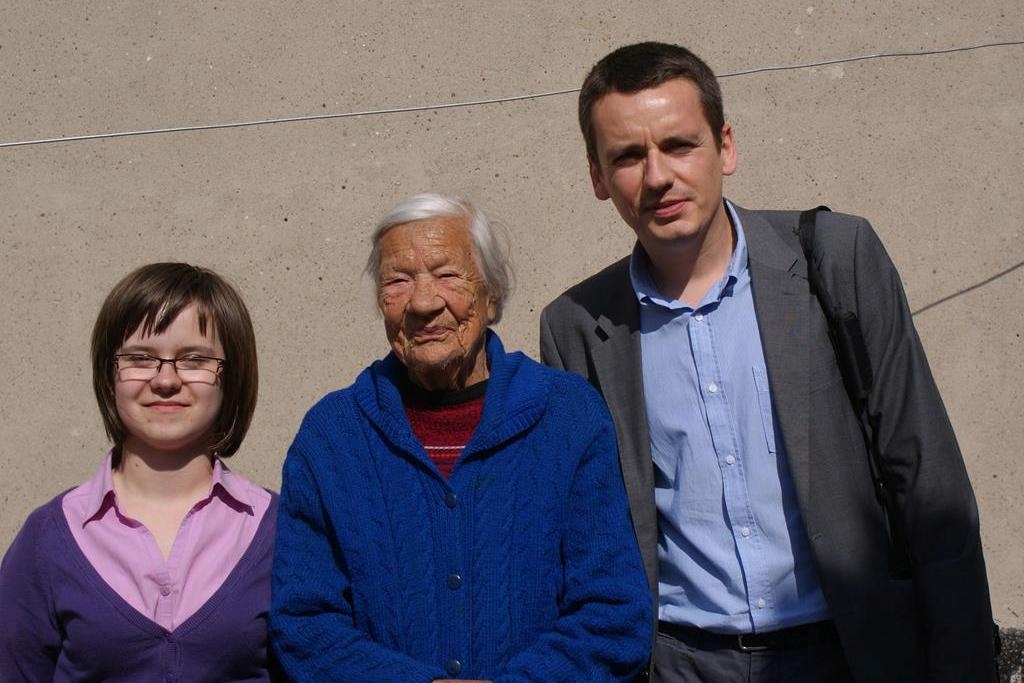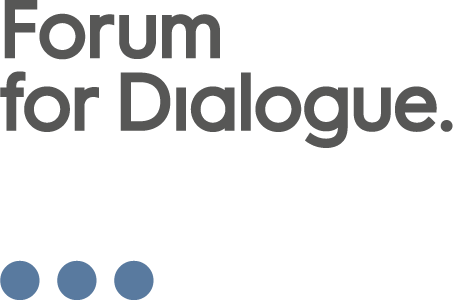In 2011, I read Theo Richmond’s book “Konin. A Quest” which opened a lot of gateways in my head of which I was previously unaware of. I had always known that Jewish culture is fascinating, but Richmond opened up my eyes – I felt like a child taken for the first time to an amusement park. I thought to myself that since the socio-cultural and religious life of Konin’s Jews was so captivating, perhaps the same thing could be said about the life of Jews in Zagórów. The only person I could ask about this was Mr.Leon Jedwab, one of the few Holocaust survivors from Zagórów, who now lives in Melbourne, Australia. I wrote him a letter, formulated 80 questions and asked my brother to translate everything to English. After a week, I received a phone call from Mr. Jedwab, who graciously accepted my request and said he would be happy to answer my questions. Over the course of the next few months he would call me up and – with my list of questions and copies of photographs he had also sent to me in front of his eyes – take me on walks through the no-longer-existing world of Zagórów’s Jews. I would hear kantor’s singing, smell the challah bread from Prost’s bakery, watch boys playing soccer with a ball made from a pig’s bladder, see leeches sold in jars at the marketplace and a girl called Riva (Mr. Jedwab’s sister) watch over her younger brothers: Moishe, Leon, Max and Abraham…
Łukasz Parus
Zagórów






